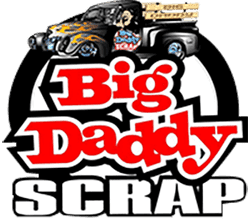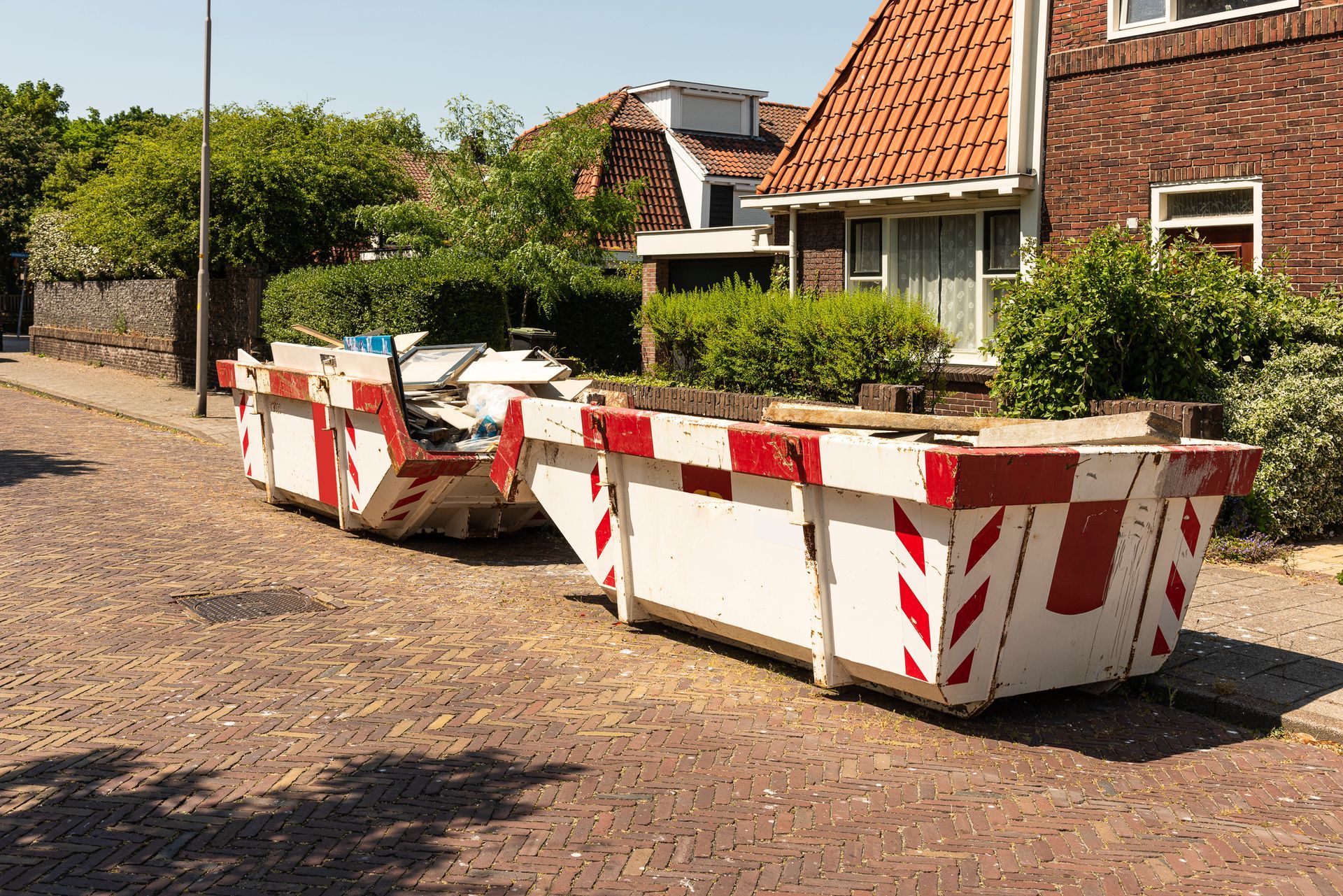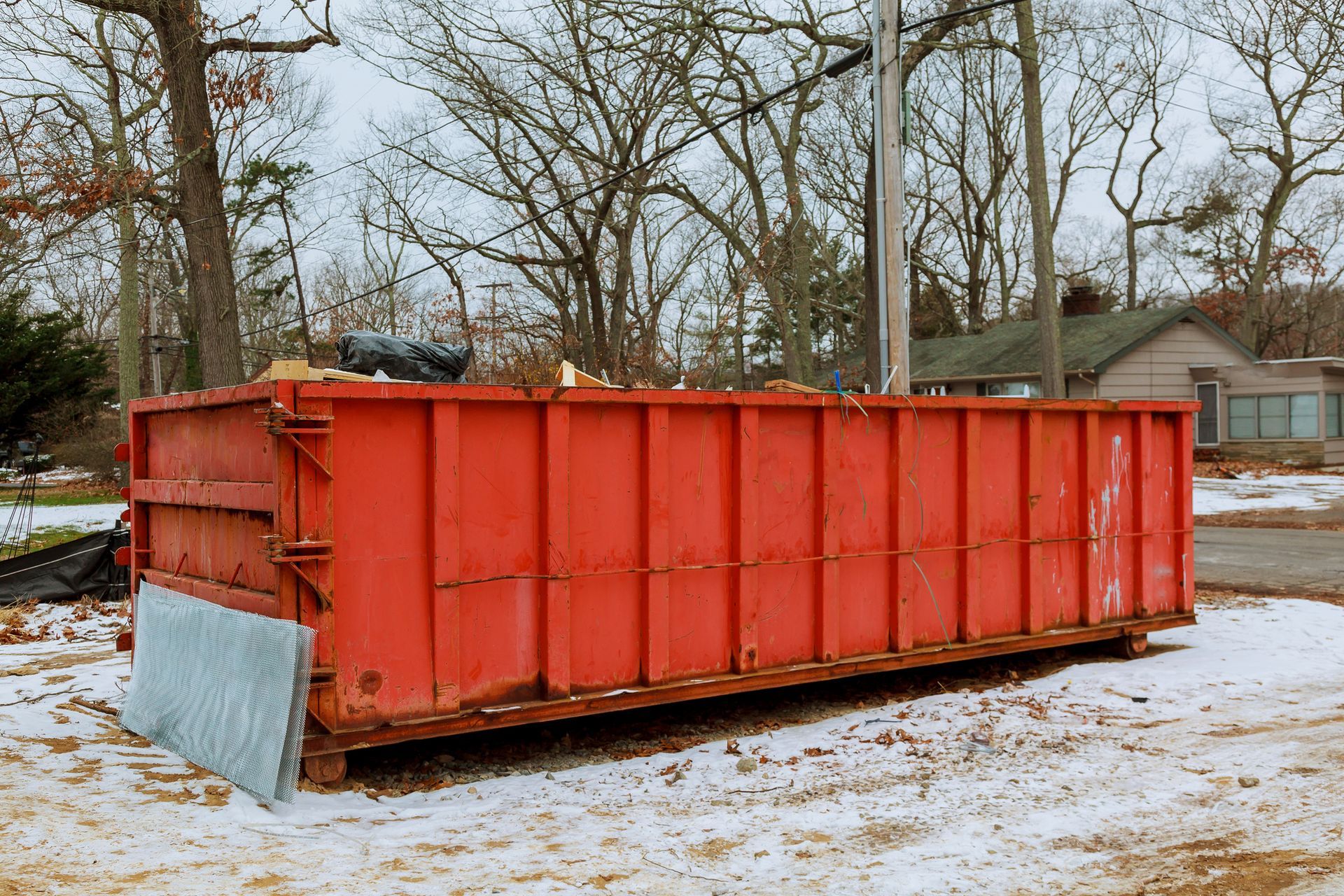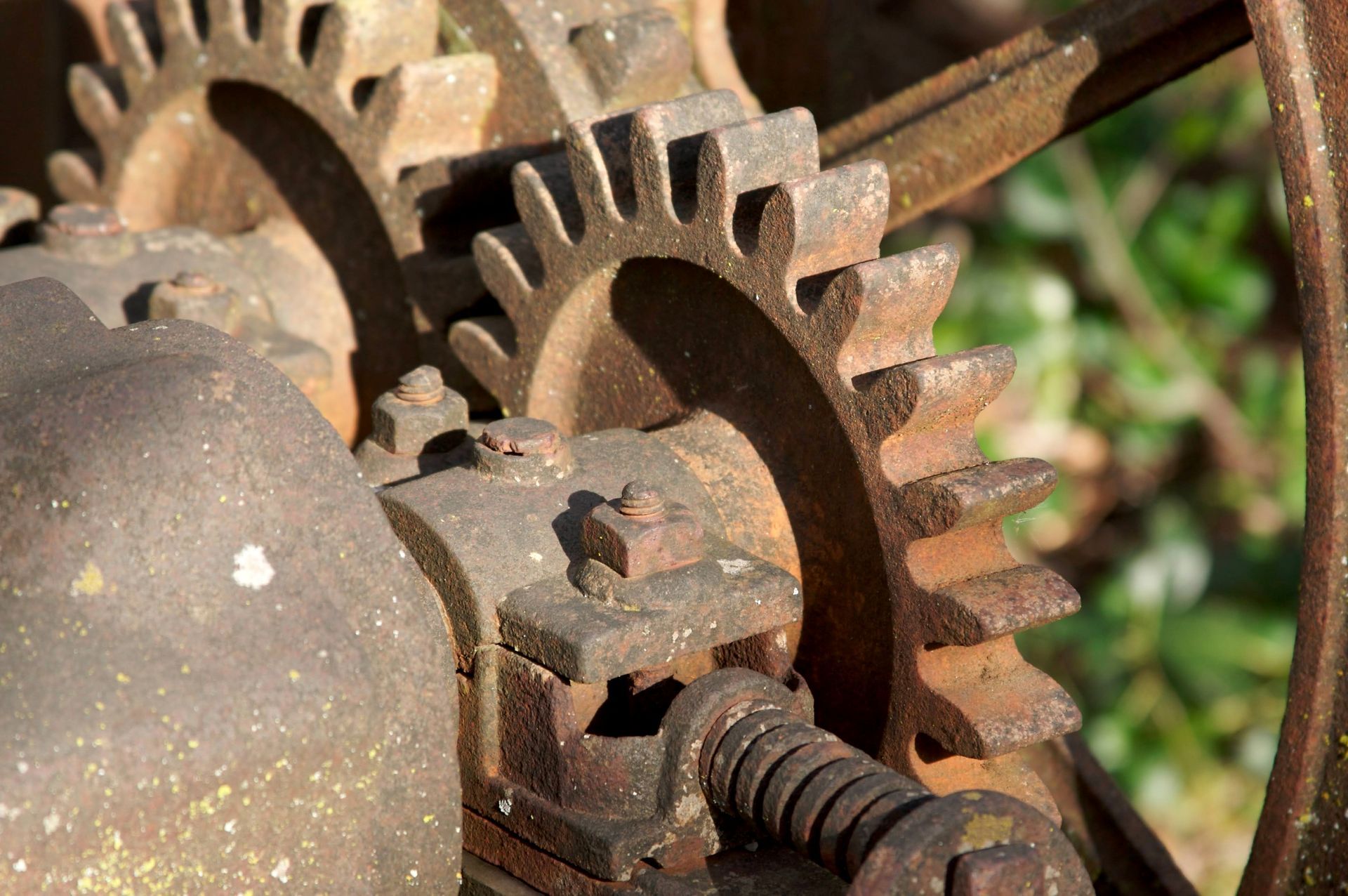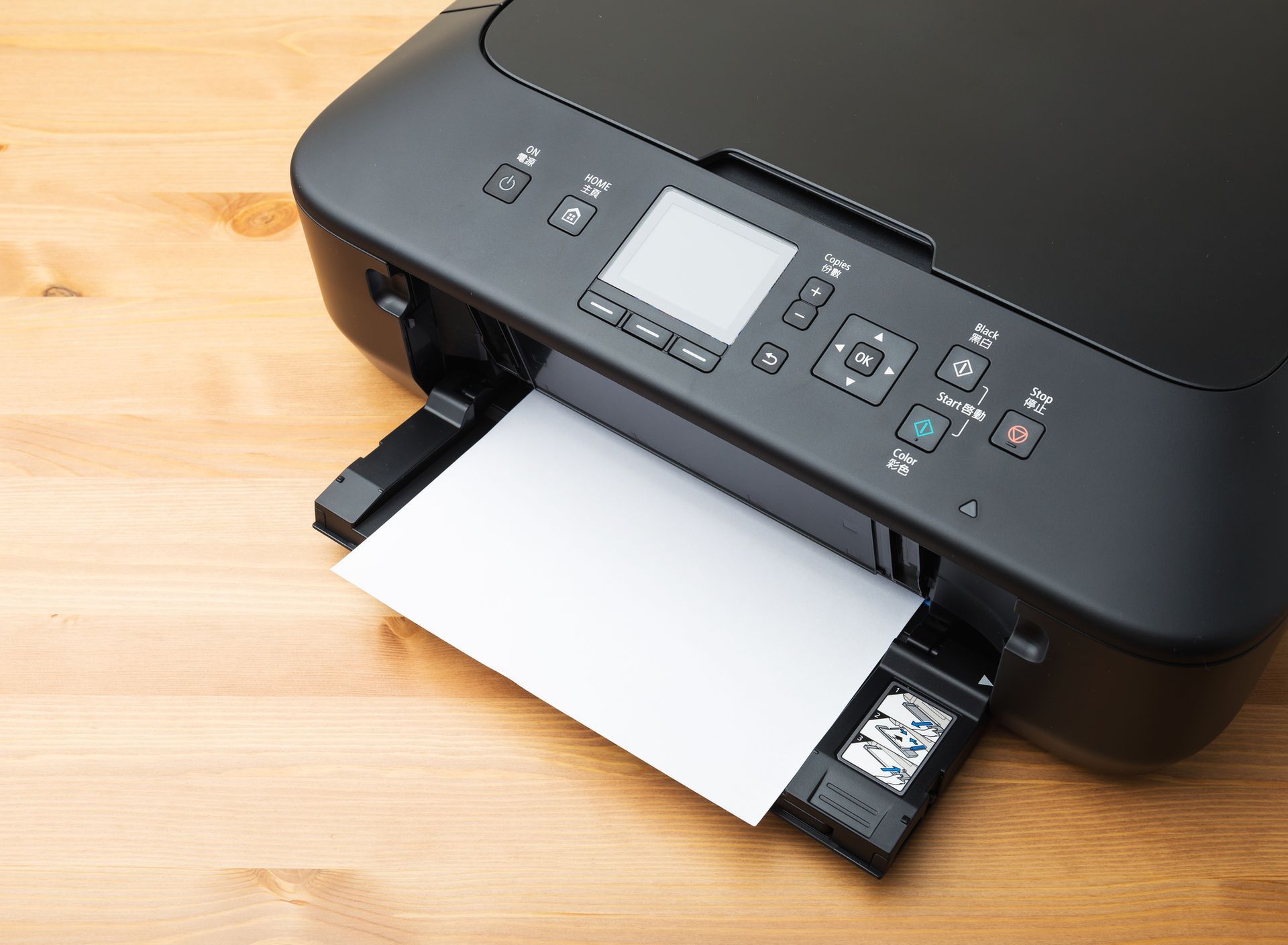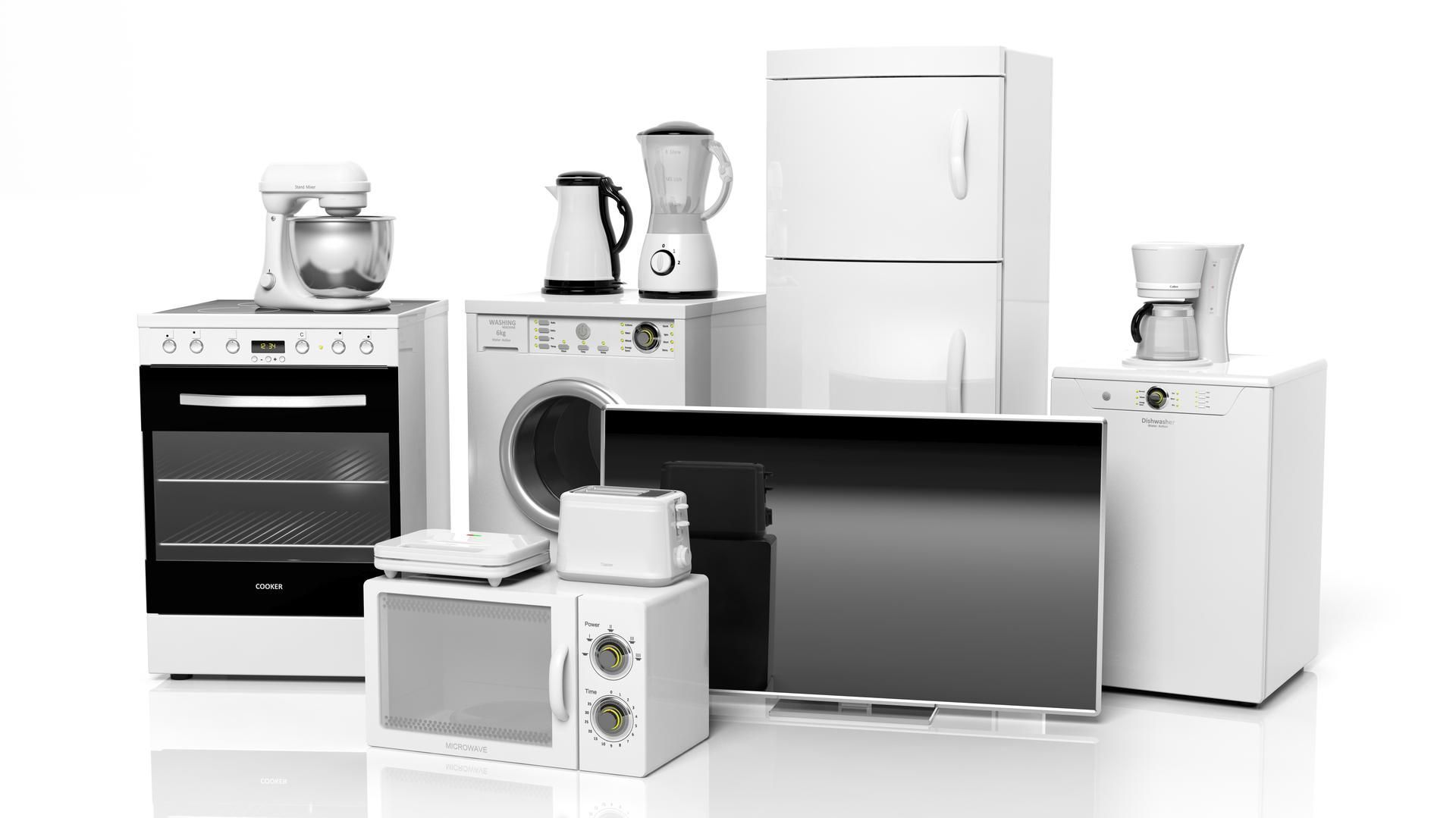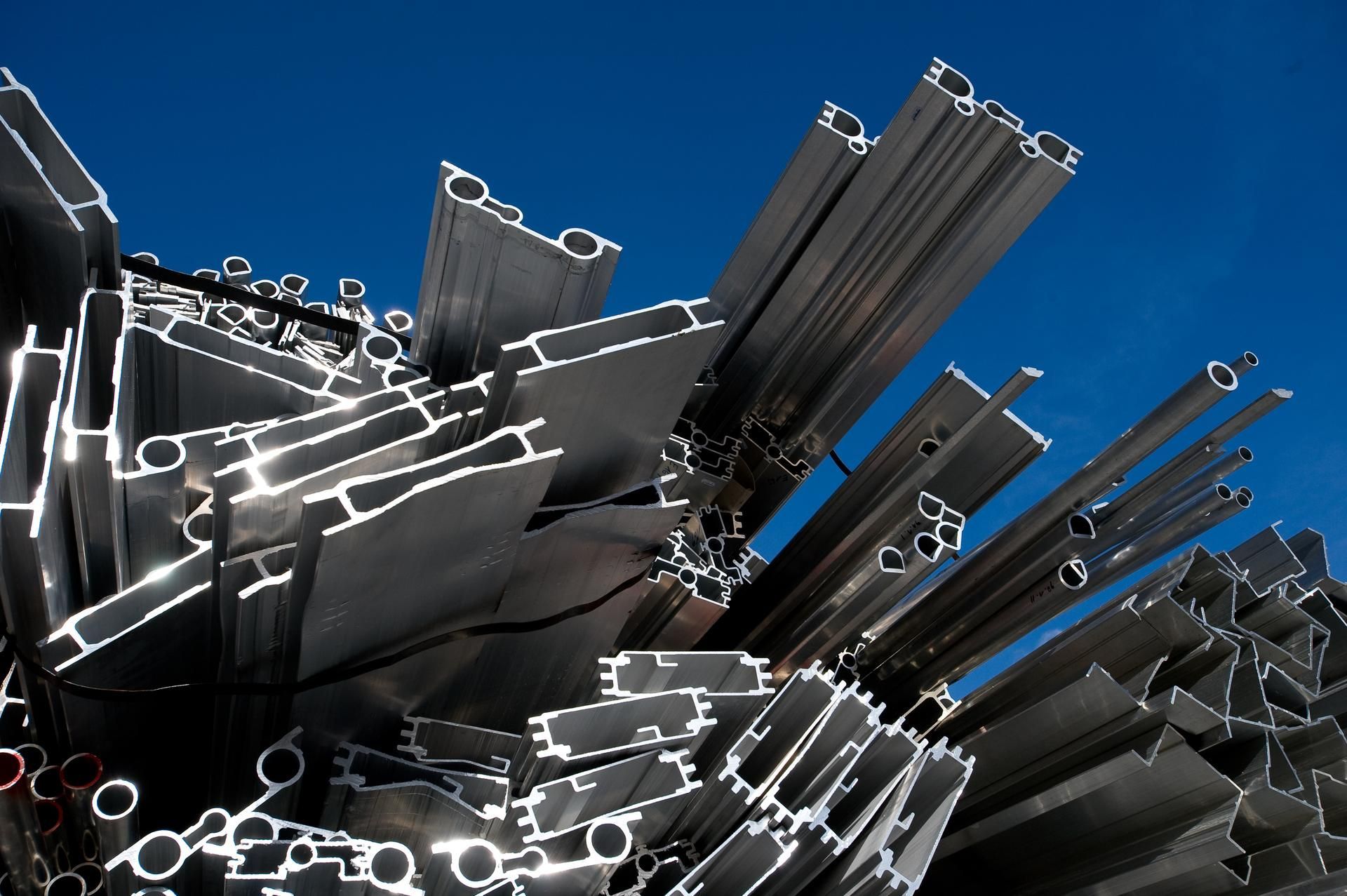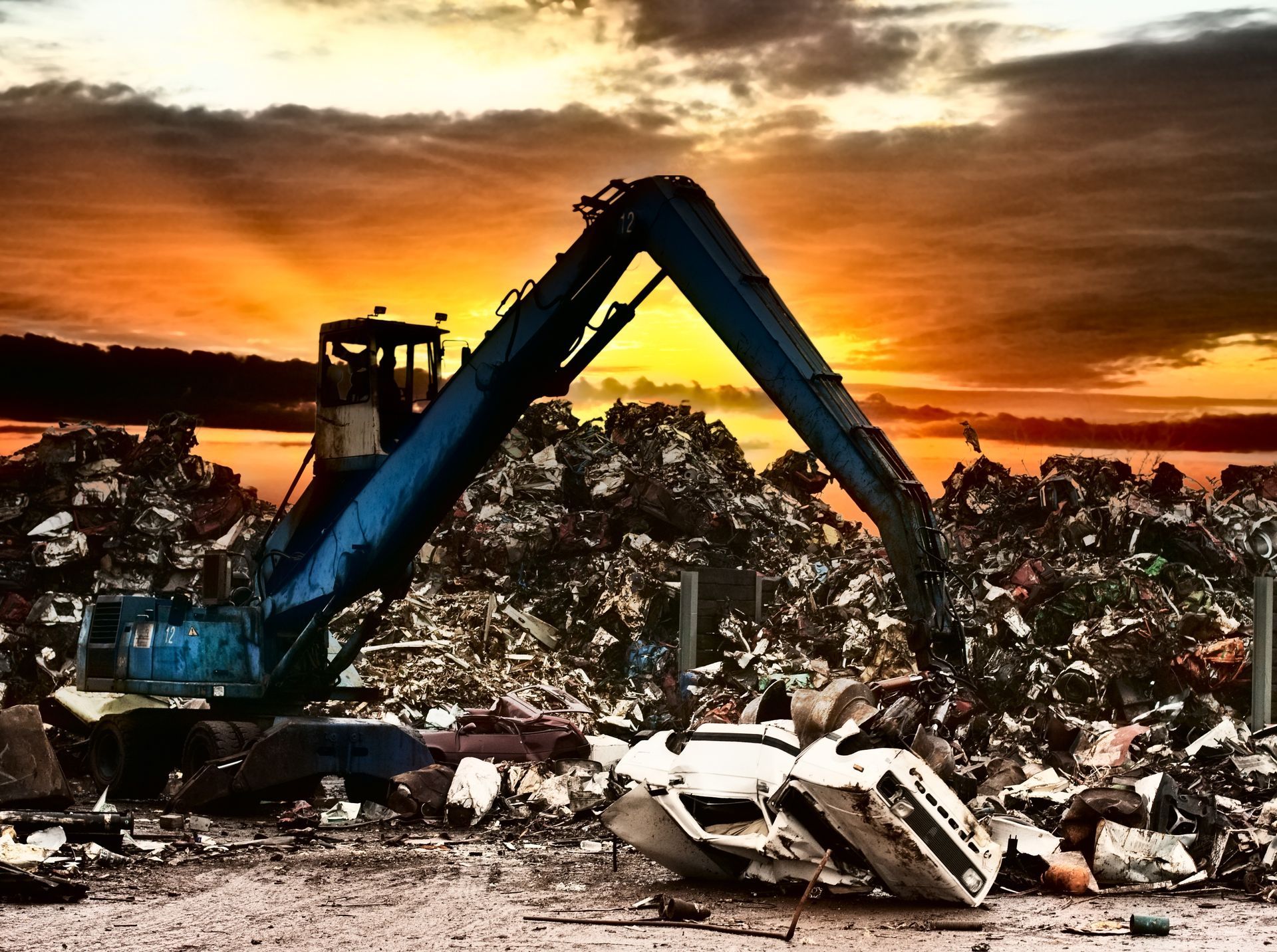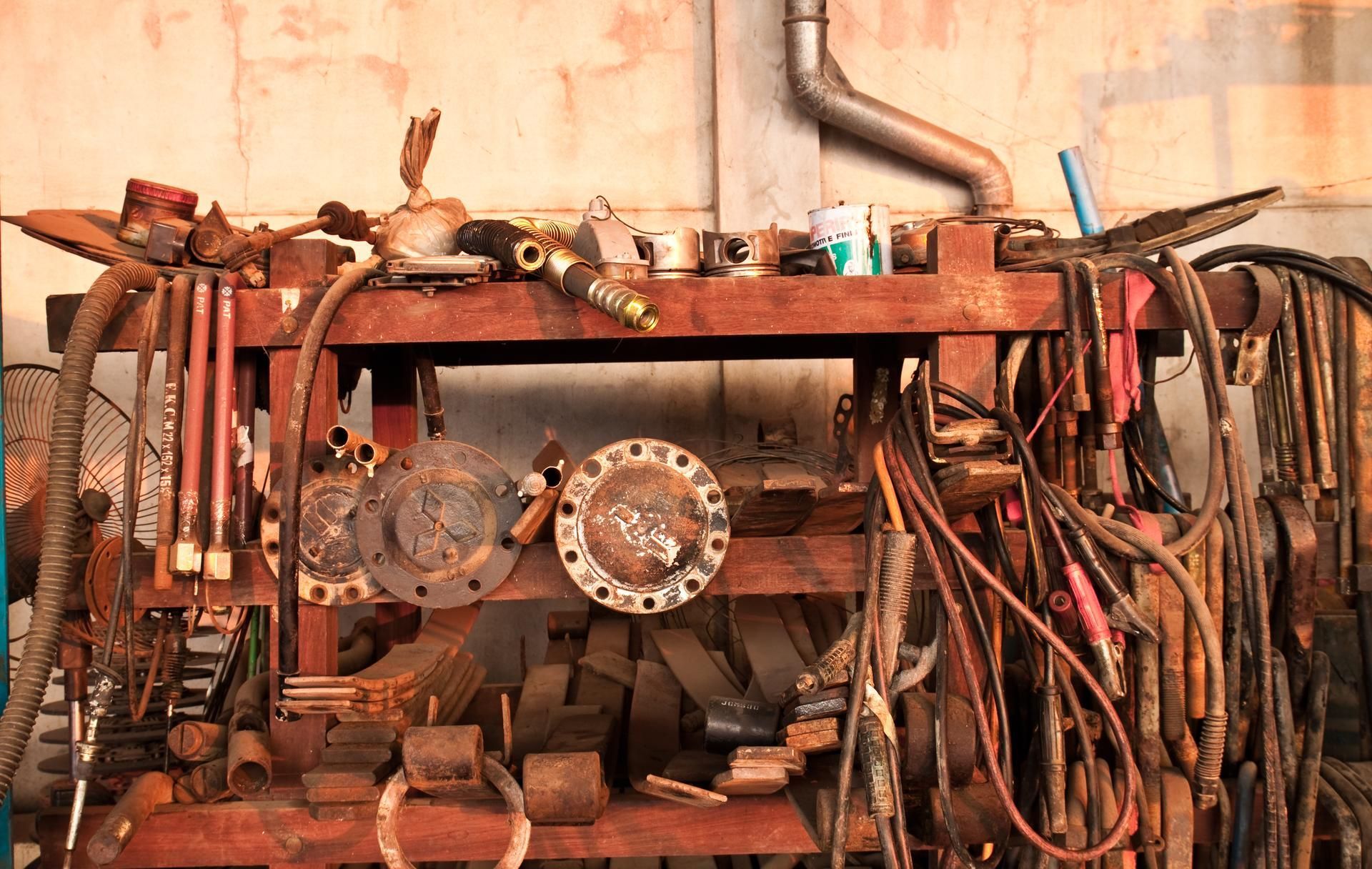"Offering Fast, Reliable Service For Your Scrap Metal Needs!"
OPEN 7 DAYS A WEEK
Closed Sunday @ Kankakee location
"Offering Fast, Reliable Service For Your Scrap Metal Needs!"
Finding Value in Old Farm Equipment Through Metal Scrapping
As a farmer, you're well aware that machinery is the backbone of any successful agricultural operation. But as essential as farm equipment is, there comes a time when it's more of a hindrance than a help. Whether due to age, wear-and-tear, or obsolescence, some equipment reaches the end of its usable life. Fortunately, these large, metal-heavy pieces still hold value even when they no longer perform in the field. Selling them to a scrap metal service can be a savvy way to recover some costs and clear your yard of clutter. Here’s a rundown of the types of farm equipment you might consider scrapping and how you can maximize their value.
Tractors
Tractors are undoubtedly the workhorses of any farm. However, once they've given you years of service, they can become liabilities—frequent breakdowns lead to high maintenance costs and downtime. Used tractors, particularly older models made primarily of iron and steel, can be recycled for their metal content. Rather than leaving old tractors to rust, selling them to a scrap yard can turn useless machinery into cash which you can reinvest in new or upgraded equipment for your farm.
Harvesters and Combines
As sophisticated as harvesters and combines have become, they are not immune to the ravages of time. Older models that no longer meet your operational needs—or that simply cost too much to maintain—are often rich in valuable metals such as steel, copper, and aluminum. Scrapping these machines ensures the metal returns to the supply chain, contributing to sustainability efforts while putting money back in your pocket.
Plows and Tillers
Many small and medium-scale farmers often find themselves with outdated plows and tillers that modern precision farming techniques have rendered obsolete. These older pieces of equipment, while no longer efficient for current farming practices, still contain significant amounts of metal that can be recovered and repurposed. Selling your old plows and tillers to a scrap metal service provides an environmentally friendly way to decommission these relics of the past and allows farmers to reclaim some market value from them. This process contributes to recycling efforts, reduces waste, and promotes sustainability in the agricultural sector. By participating in scrap metal recovery, farmers can also clear up valuable space on their property, making room for newer, more efficient machinery that aligns with today's technological advancements.
Hay Balers
Much like harvesters, hay balers endure extensive wear due to their active involvement in agriculture operations. These machines are constantly exposed to the elements, rough terrains, and rigorous tasks, which can lead to significant wear and tear over time. While advancements in technology may render older models less efficient or desirable, the robust metal components of these machines still offer substantial residual value. It's important to recognize that even outdated equipment can be recycled or repurposed, contributing to sustainable practices. Before selling or disposing of a hay baler, ensuring all hydraulic oil and chemical residues are properly disposed of is crucial. This careful handling aligns with environmental practices and provides peace of mind that the equipment's afterlife doesn’t harm the environment. By taking these steps, farmers and equipment owners can contribute positively to ecological conservation while managing their agricultural machinery.
Antique Equipment
Although some antique equipment holds value as collectors’ items, many pieces languish because they're simply too outdated for modern farming methods. If selling to collectors isn’t an option, the scrap metal market provides an alternative. The antique metal parts, especially those made of cast iron and steel, can be smelted down and reused, allowing you to capitalize on the sentimental giant you can no longer use.
Irrigation Systems
Old irrigation systems, while integral to maintaining crop health, can become outdated with technological advancements in water management and precision agriculture. Aging pipes, pumps, and sprinkler heads often succumb to wear, leaks, and inefficiency, rendering them more trouble than they’re worth. However, the materials used in these systems, such as galvanized steel, aluminum, and various plastics, can be recycled. By scrapping these components, you declutter your farm and contribute to the recycling loop, supporting more sustainable farming practices. Additionally, the financial return from scrapping can help invest in newer, more efficient systems, ensuring your farm remains productive and eco-friendly.
Livestock Feeding Equipment
Feeding equipment is essential for the daily operations of livestock farms, yet over time, components like feed wagons, mixers, and troughs can become outdated or inefficient. The good news is that these pieces also contain valuable metals such as steel, which can be recycled. Before selling, it's important to dismantle equipment safely, removing any organic residue to prevent contamination. By scrapping these items, farmers can declutter their facilities and support sustainable metal recycling efforts. The proceeds from this process can be reinvested into purchasing new, more efficient feeding systems that accommodate modern practices, ultimately helping to enhance productivity while fostering environmentally friendly operations.
Transitioning your old, unusable equipment to scrapyards is a smart move to capitalize on what's often considered farmyard waste. Not only does it provide a potential revenue stream, but it also supports sustainable recycling practices. It's like giving your old machinery a new life, that contributes positively to the environment while supporting the financial health of your farming operation. So, take a moment to assess your aging fleet and consider which units could be turned into valuable scrap.
For more information about this, contact us at Big Daddy Scrap.
Browse Our Website
Our Locations
551 E. Lincoln Highway,
Chicago Heights, IL 60411
4441 W. 1000 S RD
Kankakee, IL 60901
- Kankakee
- Bourbonnais
- Bradley
- Manhattan
- Manteno
- Watseka
- Fairbury
- Paxton
- Chatsworth
- Pontiac
- Herscher
- Lynwood
- Wilmington
- Braidwood
- Peotone
- Monee
- St Anne
- Clifton
- Manteno
- Dwight
- Gilman
- Limestone
- Calumet City
- Munster
- and more
